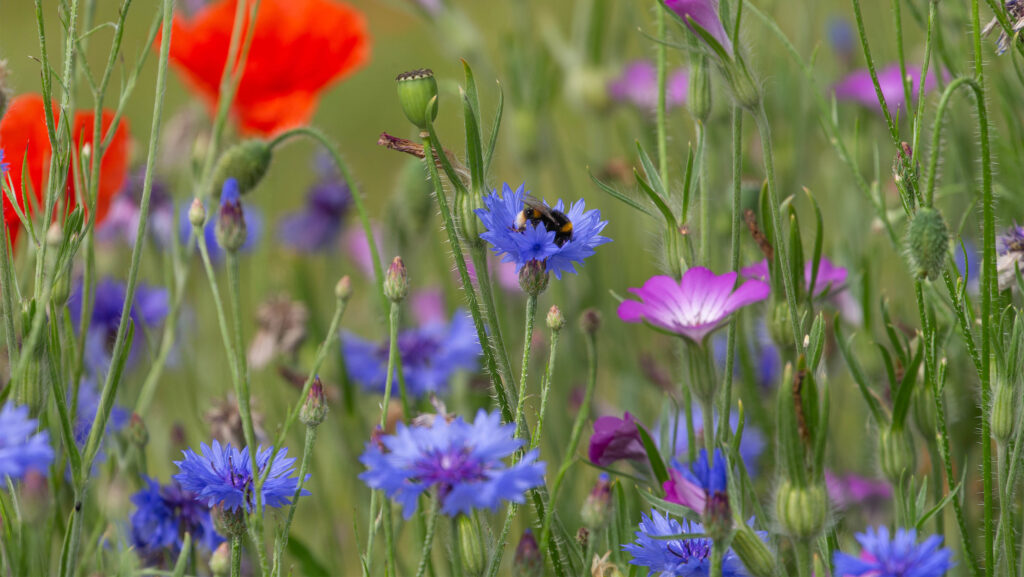Defra leaves farmers ‘in limbo’ over green scheme rollout
 ©Tim Scrivener
©Tim Scrivener Farmers and landowners in Higher Tier agri-environment schemes are facing uncertainty as they lack a clear pathway into the newer Environmental Land Management (ELM) schemes.
The NFU is calling on Defra to give farmers in existing Higher Tier schemes access to equal payments for options delivering the same outcomes in other ELM schemes, such as the Sustainable Farming Incentive and Countryside Stewardship (CS) Higher Tier.
Many farmers with Higher Tier stewardship agreements ending this year – and many others on annual rollovers on historic payments – have been left unable to apply for a newer Higher Tier ELM scheme because it hasn’t been made available.
See also: Defra aims to attract 2,000 to CS Higher Tier by 2026
In 2023, about 1,200 farmers in England applied for Higher Level Stewardship (HLS), but fewer than 600 had agreements taken forward.
This has left many farmers disadvantaged because they had invested time and money on the applications.
Nature Friendly Farming Network chief executive Martin Lines said: “At a time when farmers have needed to make significant investments to meet water quality regulations and climate resilience, not having funding made available is holding back farmers and the industry.
“This is even more shocking given the £358m underspend Defra has had over the past three years.
“Farmers are waiting to deliver, but Defra has held them back, meaning a negative impact on nature’s recovery and food security.”
‘Farmers deserve better’ says RSPB
The Wildlife Trusts and the Royal Society for the Protection of Birds (RSPB) have also raised concerns.
The Wildlife Trusts’ senior land use policy manager, Barnaby Coupe, criticised Defra for a lack of communication about the future of CS Higher Tier schemes.
These are crucial for both farmers’ incomes and government nature and climate targets.
The RSPB has warned that without urgent action, many legacy schemes vital to England’s most iconic and nature-rich landscapes will expire, leaving farmers without support.
The charity said Higher Tier agri-environment schemes are essential in restoring protected landscapes, sites of special scientific interest, and habitats for species such as curlews and turtle doves.
RSPB’s head of sustainable land use policy, Alice Groom, said: “If the UK is going to deliver 30% of land in good condition for nature by 2030, it is going to need the Higher Tier schemes to do a lot of the heavy lifting in England, and time is running out.
“Our iconic landscapes, and the farmers within them, deserve better than to be left in limbo.”
Defra has been asked to comment.
